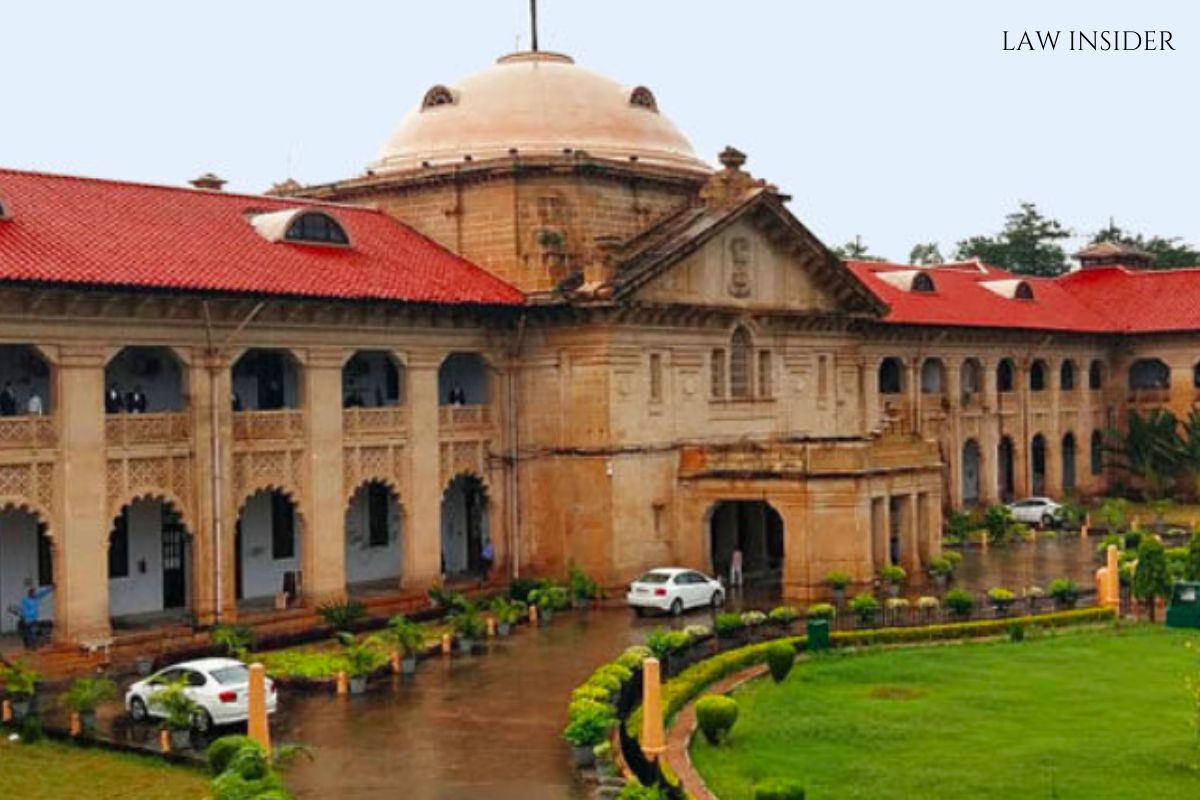LI Network
Published on: 29 September 2023 at 10:31 IST
The Lucknow Bench of the Allahabad High Court has quashed the conviction order issued by the Trial Court against an individual who was convicted under Sections 302 and 34 of the Indian Penal Code (IPC) and Section 5 of the Explosive Substances Act, 1908 (ESA).
The High Court made this decision after finding significant contradictions in the testimonies of the deceased’s sons and a lack of medical evidence to support the prosecution’s case.
Chief Justice Pritinker Diwaker, along with Justice Om Prakash Shukla, presided over the bench and stated, “Thorough examination of the evidence makes it clear that the prosecution has failed to prove its case beyond all reasonable doubts.”
The appellant, represented by Advocates Rohit Tripathi, Sajjad Husain, and Syed Zulfiqar Husain Naqvi, filed a Criminal Appeal challenging the judgment and order of the Trial Court.
The case involved charges under Sections 302 and 34 of the IPC and Section 5 of the Explosive Substances Act, 1908.
The Trial Court had sentenced the appellant to life imprisonment with a fine of Rs. 10,000 and ten years of rigorous imprisonment with a fine of Rs. 5,000.
According to the prosecution, the appellant and a co-accused entered a dairy armed with bombs and weapons, where the deceased Zaheer Muneer and others were sleeping, causing various injuries to the deceased, including burn injuries from the explosion of crude bombs.
The High Court noted that upon examining the evidence, it was evident that the prosecution had not proven its case beyond reasonable doubt.
The court found that the testimonies of the deceased’s sons lacked credibility and contained significant inconsistencies.
Additionally, the Autopsy Surgeon’s opinion stated that the burn injuries on the deceased could not have been caused by the explosion of a bomb. Therefore, the medical evidence did not support the prosecution’s case, making it insufficient to convict the appellant.
Furthermore, the High Court noted that no incriminating substances were found on the appellant, and a bloody knife recovered from the scene did not provide conclusive evidence since the blood was disintegrated.
The Court cited the cases of Chander Pal v State of Haryana [(2002) and Sadananda Mondal v State of West Bengal (2013), emphasizing that the Trial Court had erred in convicting the appellant.
Consequently, the High Court allowed the appeal and set aside the impugned judgment.
Case Title: Suhel V State of U.P

